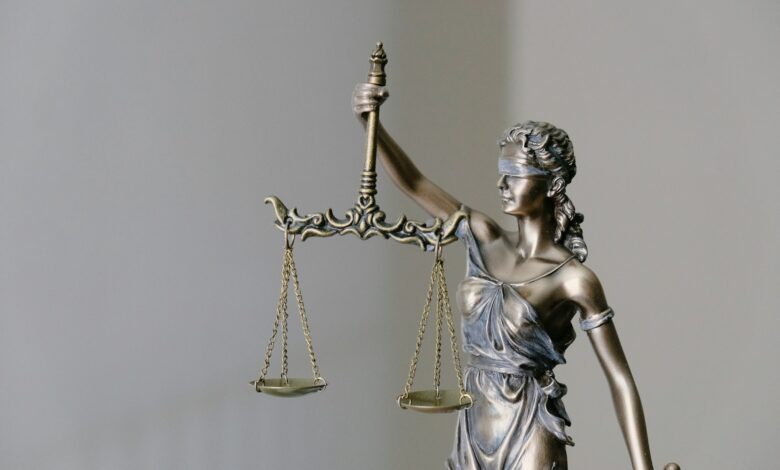
Illinois Moves Forward with Comprehensive Cryptocurrency Regulations
In a significant move to regulate cryptocurrency businesses within the state, the Illinois Senate has advanced new legislation aimed at curbing digital asset fraud and protecting consumers. This comes in response to a reported loss exceeding $160 million in 2023 due to crypto-related fraud cases.
Senate Bill 1797: Paving the Way for Enhanced Crypto Regulations
The Illinois Senate Executive Committee has recently passed Senate Bill 1797, also known as the Digital Assets and Consumer Protection Act. This bill, introduced by State Senator Mark Walker in February and co-sponsored by Senators Karina Villa, Rachel Ventura, and Mike Porfirio, seeks to address the substantial financial losses experienced from cryptocurrency fraud in Illinois.
Key Objectives of the Digital Assets and Consumer Protection Act
Should this bill be enacted, it will empower the Illinois Department of Financial and Professional Regulation (IDFPR) to become the principal regulatory authority overseeing cryptocurrency operations within the state. This initiative is designed to establish rigorous standards for crypto businesses, ensuring they operate with transparency and integrity.
Senator Walker emphasized, “The emergence of digital assets offers financial opportunities but also poses risks of bankruptcy, fraud, and deceit. It is imperative we establish standards to ensure that participants in the crypto industry are trustworthy and ethical.”
Details and Provisions of the Legislation
The legislation aims to balance consumer protection with the encouragement of responsible innovation in the digital asset domain. It incorporates a phased implementation strategy, allowing businesses until January 2027 to comply fully with its provisions. The IDFPR will have the authority to investigate, impose fines, and take corrective measures against entities that fail to comply.
Furthermore, the bill mandates that crypto companies register with the IDFPR, provide essential disclosures, and demonstrate their ability to fulfill customer payouts. Companies must also alert consumers to any charges or transfers involving their digital assets and develop programs to mitigate consumer fraud risks. Following its approval by the Senate Executive Committee, the bill now proceeds to the full Senate for consideration.
Illinois’ Strategic Bitcoin Reserve Initiative
In a separate but related development, Illinois is considering the establishment of a Strategic Bitcoin Reserve. This initiative, introduced through House Bill 1844 by State Representative John Cabello, seeks to incorporate Bitcoin into Illinois’ financial infrastructure.
Strategic Bitcoin Reserve Act Explained
The proposed legislation aims to create a state-held Bitcoin reserve, managed by the Illinois State Treasurer, to serve as a financial asset. The bill outlines the creation of a special fund in the state treasury to hold Bitcoin, which can be acquired through gifts, grants, and donations from residents and governmental bodies.
Under this proposal, all Bitcoin deposits must remain in the state’s possession for a minimum of five years. Additionally, the legislation requires biennial reporting on the reserve’s status, including the total Bitcoin amount, its USD equivalent, fund growth, and any transaction details since the last report.
Current Status of the Bitcoin Reserve Legislation
Despite its introduction, the bill has not progressed beyond its initial reading and is currently awaiting consideration by the House Rules Committee. As the legislative process unfolds, stakeholders are keenly observing to see how Illinois will integrate Bitcoin into its financial ecosystem.
Our Editorial Commitment
At Bitcoinist, we are committed to delivering meticulously researched, accurate, and impartial content. Our editorial process is grounded in strict sourcing standards, ensuring that each article is thoroughly reviewed by our team of top technology experts and seasoned editors. This rigorous process guarantees the integrity, relevance, and value of our content for our readers.







